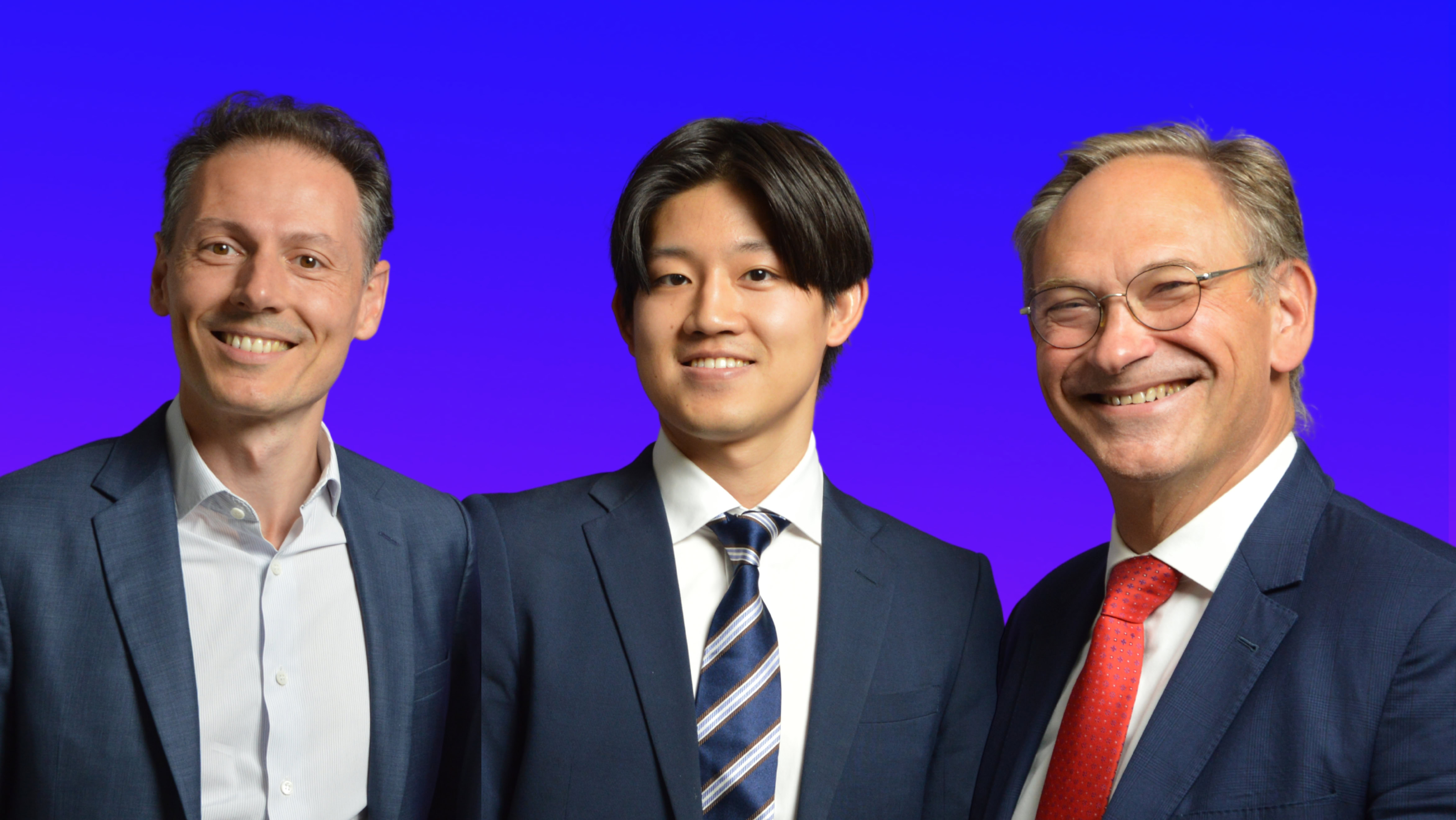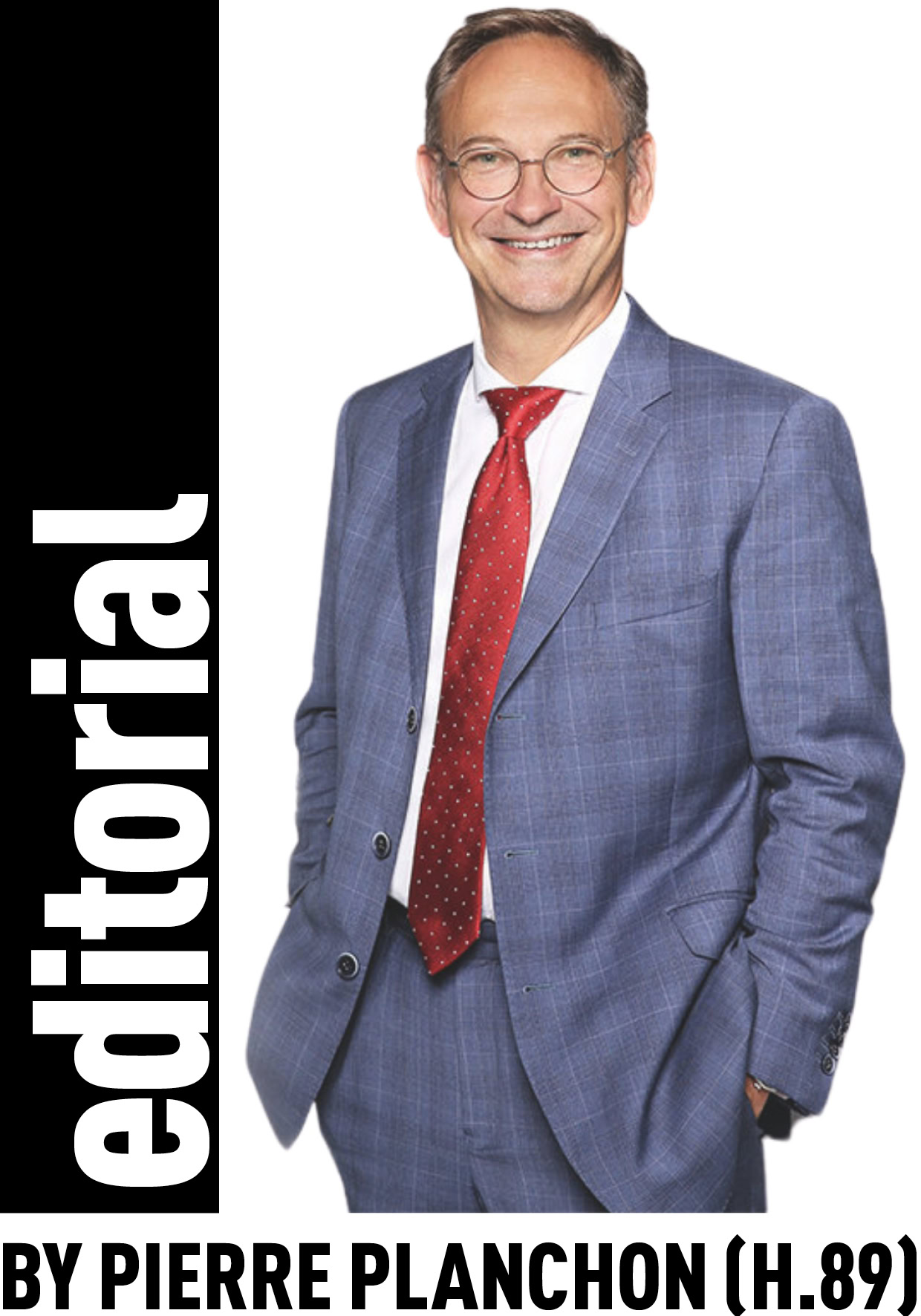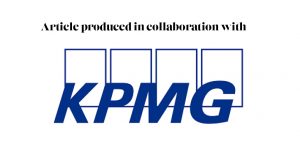AI: the co-pilot for auditors

From left to right: Xavier Niffle (M.05), partner in charge of Digital Audit and Innovation, Yosuke Ko (H.23), Junior Auditor and Pierre Planchon (H.89), Head of Audit.
An HEC graduate, class of 89, I supervise KPMG’s audit business, which has sales of €500 million and 3,200 talented people. Auditing is constantly evolving, and has adapted to new stakeholder expectations, such as sustainability and the integration of AI.
I believe that these opportunities cannot be exploited without a human dimension, which is essential to our profession and to the values we advocate, reflecting our commitment as a mission-driven firm. HEC prepared me to meet these challenges, with its emphasis on entrepreneurial spirit, human relations and innovation.

72%* of large companies are using AI in their financial reporting process. This revolution transforms the auditing profession, as Xavier Niffle (M.05), partner, and Yosuke Ko (H.23), junior auditor, from KPMG point out.
How is AI reshaping the profession’s challenges and expectations?
Xavier Niffle: Artificial intelligence has become a priority for businesses. Within the next three years, 99% of companies will integrate AI into the production of their financial and non-financial information. As a result, their expectations for auditors are evolving. They now seek assurance about how AI is being used in the finance function, and they expect their audits to leverage AI’s power.
Yosuke Ko: Contrary to popular belief, a young auditor’s job isn’t repetitive. Every year brings new opportunities, boosted by KPMG’s digital maturity. AI automates certain tasks, freeing up time to focus on analyzing relevant data and offering recommendations to clients.
How is KPMG standing out in terms of technological innovation?
X.N.: KPMG differentiates itself through the extensive integration of AI into our audits, supported by technology partnerships. In collaboration with Microsoft, we’ve embedded generative AI into our KPMG Clara audit platform to assist with audit procedures. We’ve also developed, with MindBridge, a transaction scoring tool that identifies transactions with atypical behavior. This ability to tailor solutions for our French clients sets us apart. These projects are led by our innovation community—80 experts in France working closely with industry needs.
Y.K.: We are trained and encouraged to play an active role in transforming our profession and our careers. KPMG offers hybrid pathways that combine expertise in both audit and technology. We have access to an internal incubator and various acculturation programs like Digital Audit Leaders, aimed at driving the solutions of tomorrow.
Are we at a point where AI surpasses humans?
X.N.: No, and the proof is that we’re hiring more than ever. Like sailing a boat, technology requires a skilled crew to navigate. AI allows for deeper analysis, but it’s our talent that draws conclusions and addresses clients’ unique challenges.
Y.K.: Auditing is still a human experience. We have the skills, tools, and resources to build real client relationships.
Do you have a message for future colleagues?
Y.K.: Auditing is a profession where innovation drives progress and opens new doors, even for the youngest among us. I’m thinking specifically about creating digital solutions for ESG audits.
X.N.: No routine. Every day brings its own set of challenges and new encounters. It’s a dynamic and intellectually stimulating field where human relations play a central role. And there are real opportunities for international mobility.

Published by La rédaction

